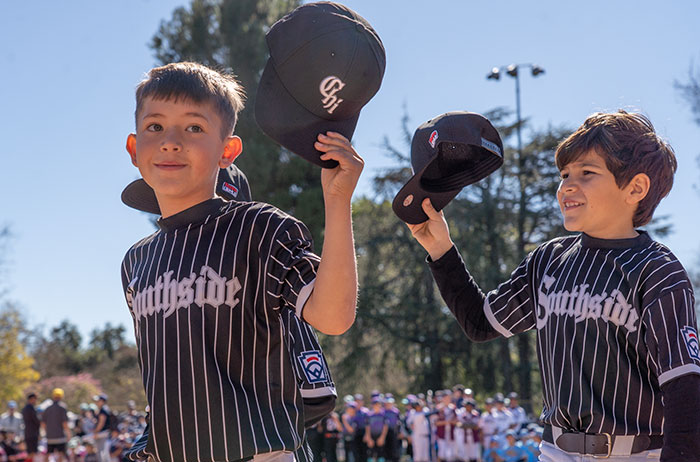Viewpoint: Pain is a bandit

Zoe Brin is a Pitzer College student who was injured in a car accident at the Towne Avenue exit off the 210 earlier in the year.
By Zoe Brin | Special to the Courier
On Wednesday, February 21, at 8:20am, I was the victim of a distracted driver. My friend and I were on our way to Pasadena. She was driving, I was the passenger. It had rained the night before, and the roads were still slick. We were stopped at a red light meter on the on-ramp to the 210 freeway at Towne Avenue when we were struck from behind by a vehicle traveling at least forty miles per hour. The driver was texting on his phone and thought we wouldn’t stop for the red light; highway patrol at the scene said it looked like he didn’t brake. We flew forward thirty feet.
This wasn’t my first car crash in Claremont. A month earlier, I had been in another crash that caused sustained injuries to my back. As a graduating senior at Pitzer College, I was determined to finish out my last semester without taking a medical leave. This second crash exacerbated those existing injuries, and nearly caused me to take the medical leave I had been hoping to avoid.
Crashes caused by distracted driving can be easily avoided, yet they are becoming increasingly common. The National Injury Council’s Injury Facts site reports “drivers manipulating hand-held electronic devices has increased 82%” in the last 10 years. A 2018 study from The Journal of Adolescent Health found that the prevalence of texting and driving increases with age. Phone addiction is causing people to forget the ethical implications of our seemingly harmless actions. The driver who hit us was only nineteen years old. He likely felt that he had to send a text, or change a song or maybe look at directions, and now I am managing my final weeks of classwork alongside flare-ups of pain, and near-daily doctors’ appointments.
People often say that the reason drunk drivers tend to survive crashes, but their victims don’t, is because of a delayed reaction time due to alcohol, so they don’t tense before impact. Physics is physics, and that simply is not the case. Muscles are able to absorb the majority of the impact when you tense them prior to impact. If relaxing before a crash were beneficial, the incidence of injuries would be much less likely in rear-end crashes, given that drivers whose vehicles are struck from behind often have no idea they are about to be hit. You blink and all of a sudden you’re on the side of the highway with the wind knocked out of you, and your eyes are swimming in smoke. Though people may suffer from muscle strains and soft tissue injuries in other types of crashes, the alternative is the impact being absorbed by bones, namely in your head, neck, and spine. For reference, being involved in a crash at a speed of forty miles per hour is comparable to falling fifty-six feet, or six stories, onto concrete. In rear-end collisions specifically, being in the car that was rear-ended at that speed can cause as much damage to the body as driving head-on to a brick wall at twenty-five miles per hour.
Do I delude myself by thinking that one day I might be able to horseback ride or play tennis again, despite my doctors saying my condition will only get worse? Might it be better to give up hope, so that I risk only being pleasantly surprised in the future instead of heartbroken? The driver who struck me had no way of knowing that when he checked his phone this specific time, it would result in this much damage to my livelihood, my being. But that’s the thing: we never know.
There are philosophers who could make your head spin with arguments about harming others through our actions, and the implications for ethics, but we don’t think about this when we’re running late to work or get an important text. I understand why these risks are easy to take — the ethical implications often remain distantly hypothetical because almost always, it turns out fine. You don’t get sick every time you eat raw cookie dough, or get fired every time you show up a few minutes late or leave a few minutes early, or get into a car crash every time you glance at your phone while driving.
However, whenever we get behind the wheel, any risk we take could impact someone else’s life. Laws exist as agreements, and by driving, we agree to make our best effort to do no harm to other motorists and pedestrians. It does not matter if you are able to get away with texting and driving ninety-nine times — the repercussions of the one time you don’t should be enough to deter you. My friend’s car wasn’t drivable after the crash, and the tow truck driver who responded offered to give us a ride home. Despite the ramifications of texting and driving right in front of him, the injured girls in his truck, the scene we left behind, and the scraps of metal he had just come to collect, he navigated the freeway between glances at his phone.
Zoe Brin is a Pitzer College student.









0 Comments